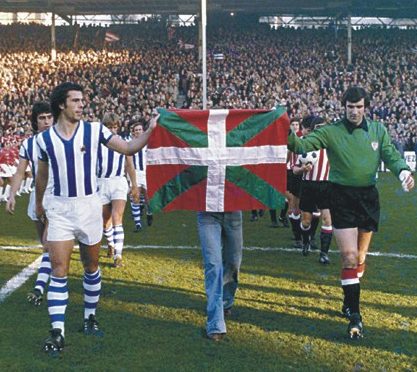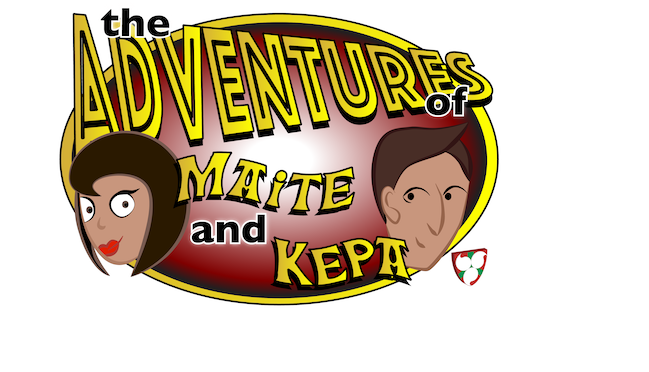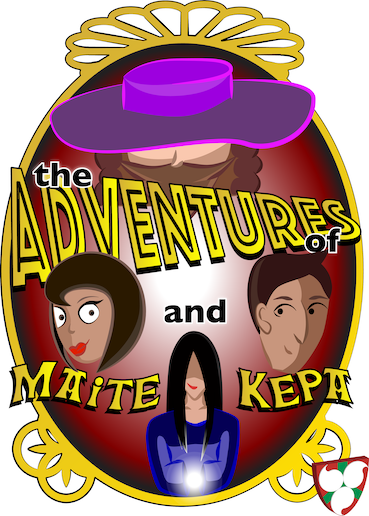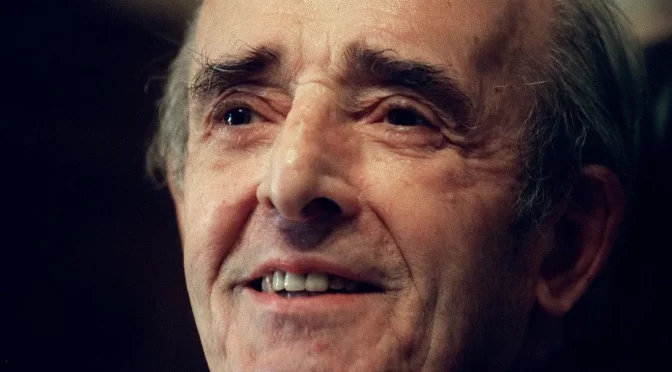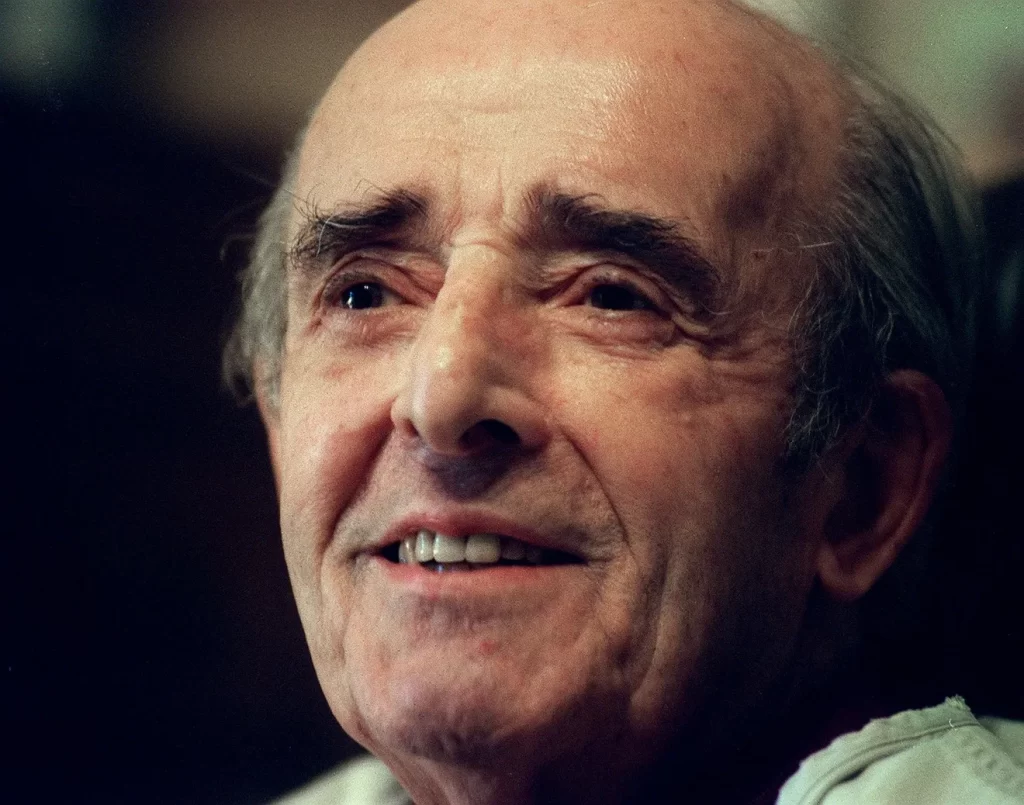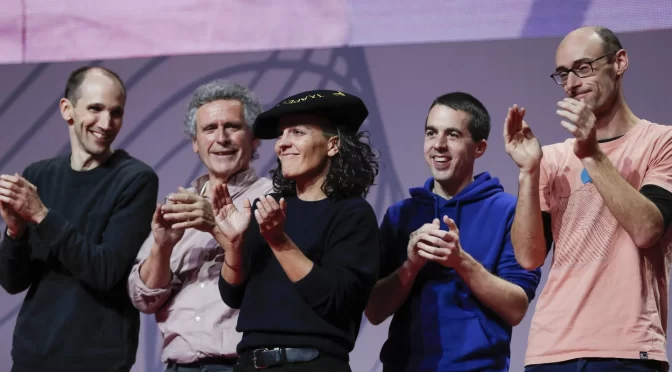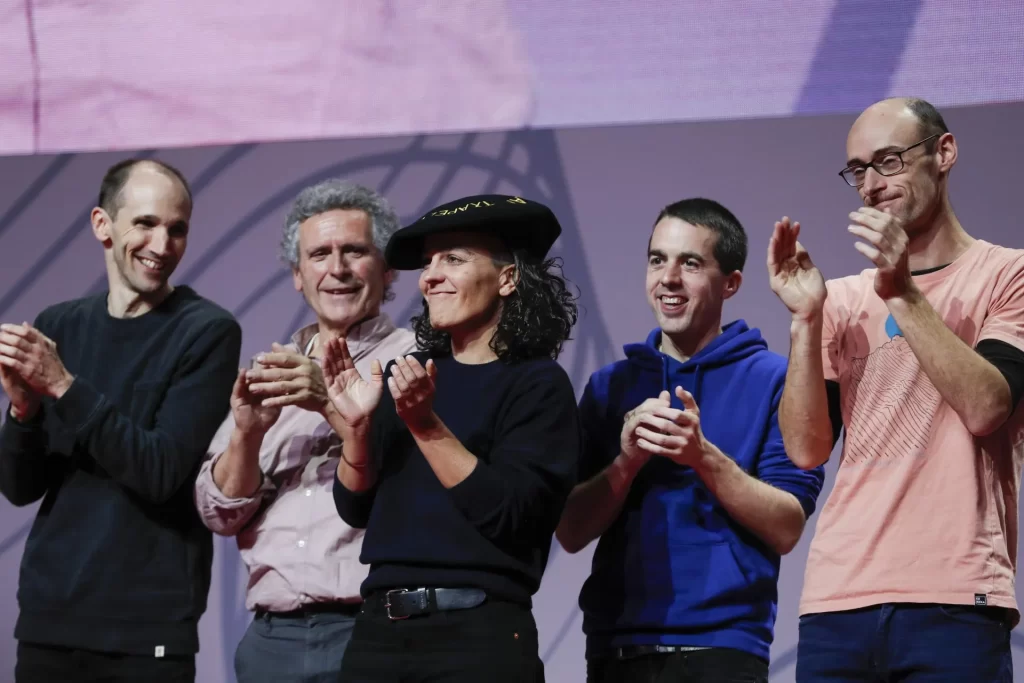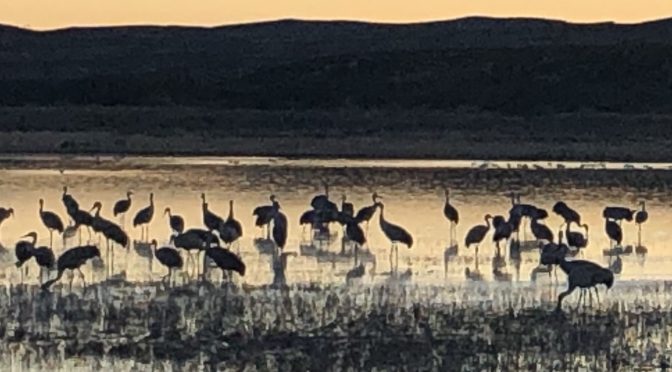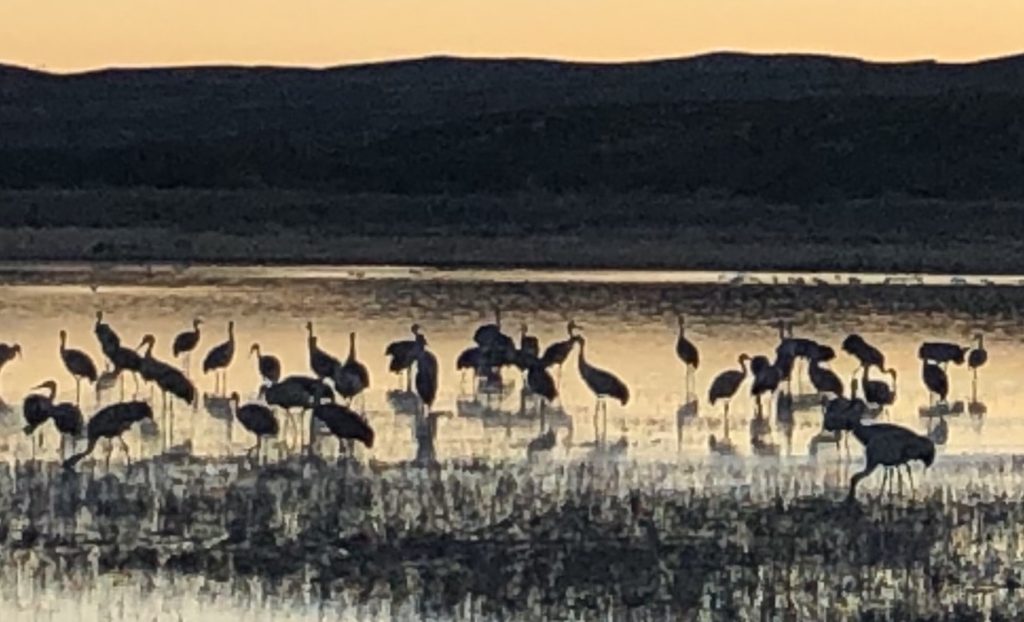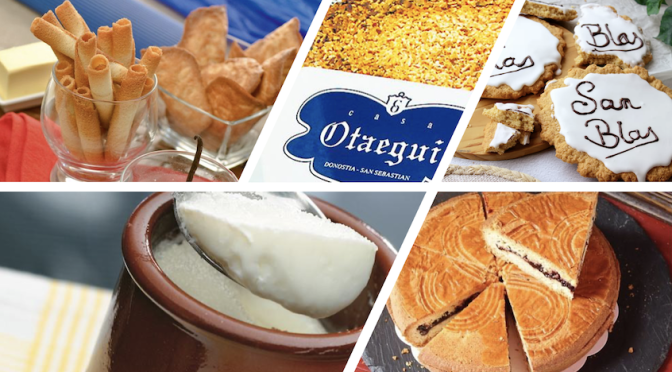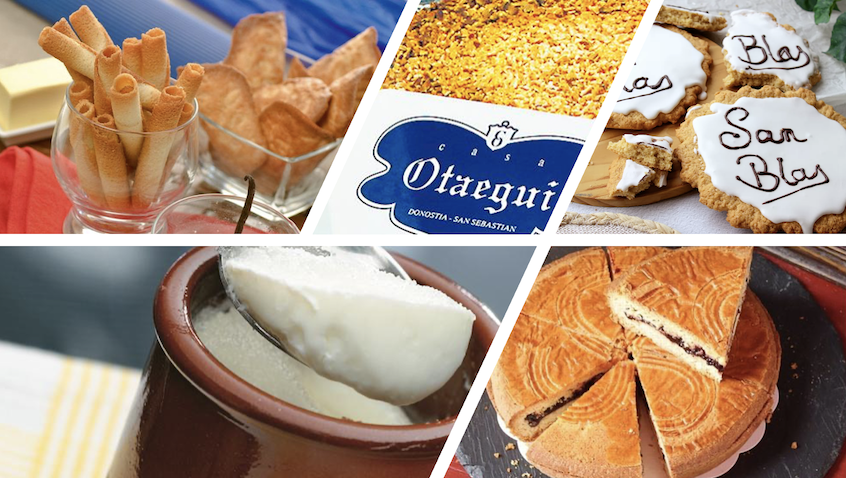Rivalries in sports transcend the games themselves. The Yankees and Red Socks. Real Madrid and Barcelona. The Celtics and Lakers. The Huskies and Cougars. They become part of the local identity, and beating your rival is almost more important than winning the championship. In the Basque Country, one of the biggest rivalries is between Athletic Bilbao and Real Sociedad, a rivalry called the Basque Derby, or Euskal Derbia. They met again yesterday, January 14. Real won the match 3-1.
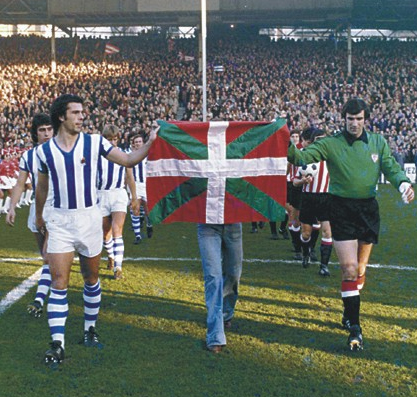
- Athletic Bilbao and a soccer team from Donostia – not yet christened Real Sociedad – first met in in 1909. At the time, the team from Donostia was the San Sebastián Foot-Ball Club but was actually attached to a cycling club for administrative reasons. That first meeting was won by Donostia, 4-2. They were supposed to play in 1905, but Bilbao backed out of a so-called dead rubber meaningless runner-up match.
- Since that time, Athletic Bilbao and Real Sociedad have met a total of 171 times in major competitions (as of February 2022), 150 times in La Liga (Tier 1) and another 21 times during the Copa del Rey tournament. Bilbao has the edge, winning 69 of those games to Real’s 57. There have been 45 draws. The two clubs have met another 16 times in smaller or now-defunct events.
- In 2020, for the first time in their 100+ year history, the two clubs qualified for the Copa del Rey finals. COVID threw things in disarray and the final was delayed by about a year. In the end, Real won the final 1-0 on a goal by Mikel Oyarzabal.
- The phrase Basque derby is also used when other teams in Hegoalde play, including CA Osasuna, Deportivo Alavés, and SD Eibar. However, given that these other teams haven’t been staples of Tier 1 in La Liga, these derbies don’t hold quite the same gravitas. That doesn’t mean there haven’t been memorable matches involving these teams, such as in 2008 when Alavés scored 2 late goals to beat Real, both keeping Real from being promoted to Tier 1 and Alavés from being demoted to Tier 3.
- Since 2006, the women’s teams of both Athletic and Real have played in the first division of Liga F. They have met 50 times, including in Liga F, the Copa del Reina, and the Basque Country Cup, with Bilbao winning the series 32 and Real winning 9, with 9 draws.
- Since 2016, inspired by a similar event held for the women’s clubs, the men’s soccer teams have competed in the Euskal Herriko Futbol Txapelketa, a friendly (it doesn’t count toward standings) match to crown the best team in the Basque Country. The two Basque teams with the best record in the previous year against other Basque teams meet in this match. There have been six such matches played, with Athletic Bilbao winning twice, Eibar, Real and Osasuna winning once each, and the other, between Athletic and Alavés, ending in a draw (when the referee walked off the field due to fighting between players).
- While of course the Basque Derby is a rivalry, the teams have used the occasion to show solidarity with larger issues in the Basque Country. For example, in 1976 just after Franco died, the two teams came on the pitch, led by their captains carrying together the ikurrina. They have also showed joint support for an official Basque Country national team.
Primary source: Basque derby, Wikipedia

